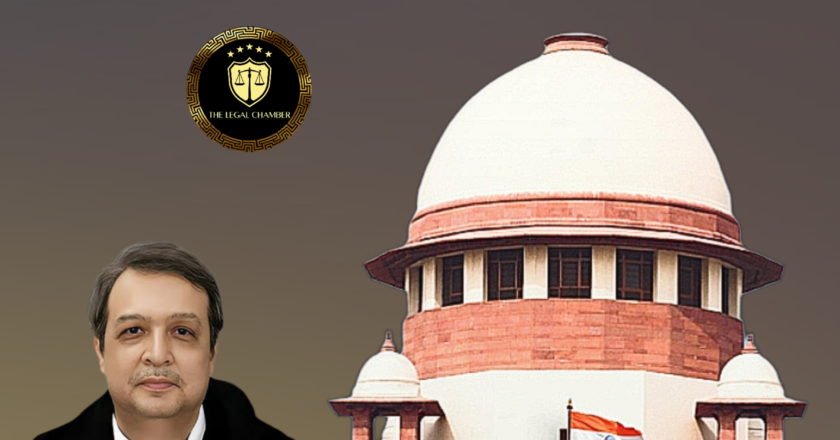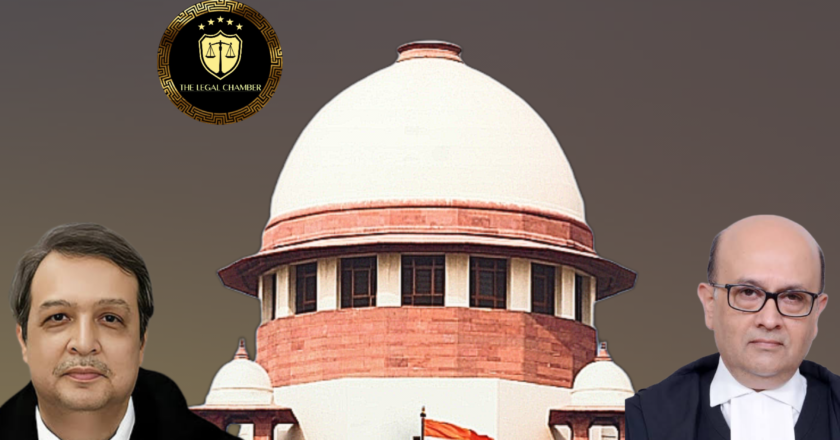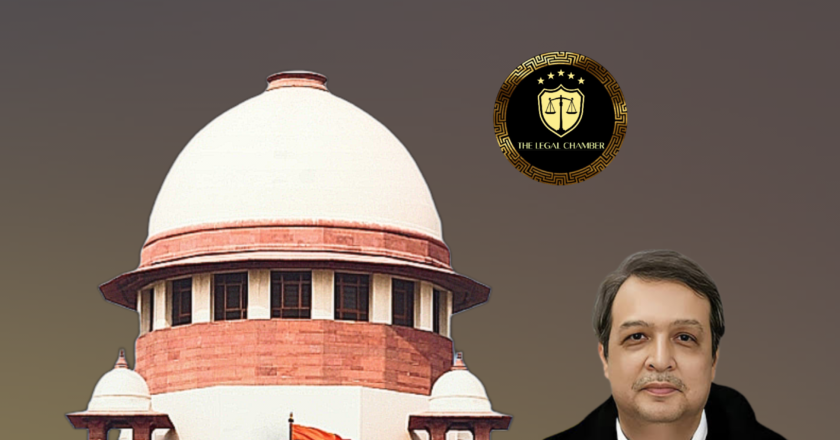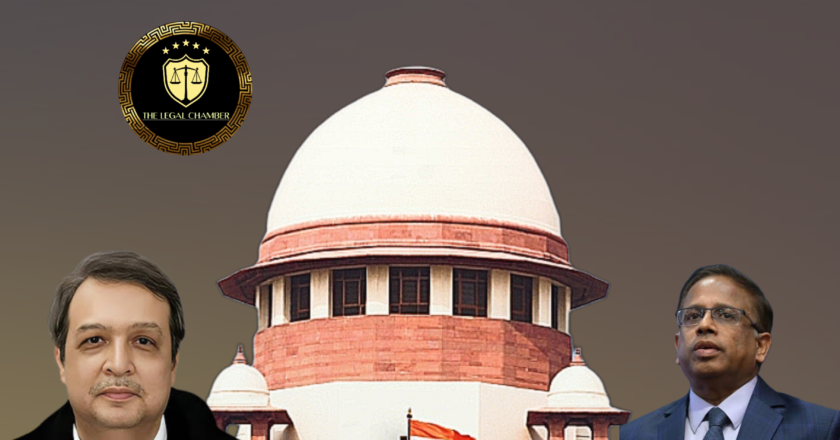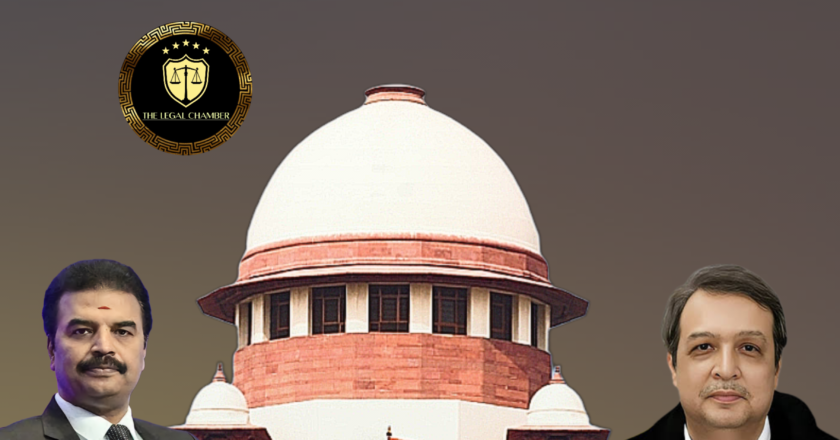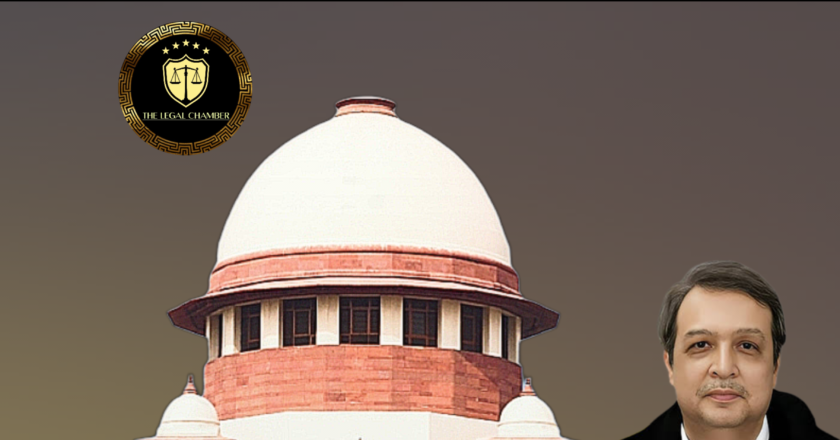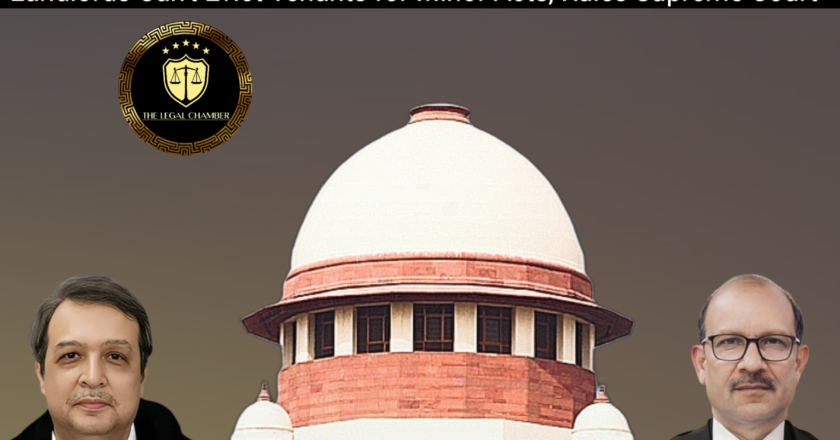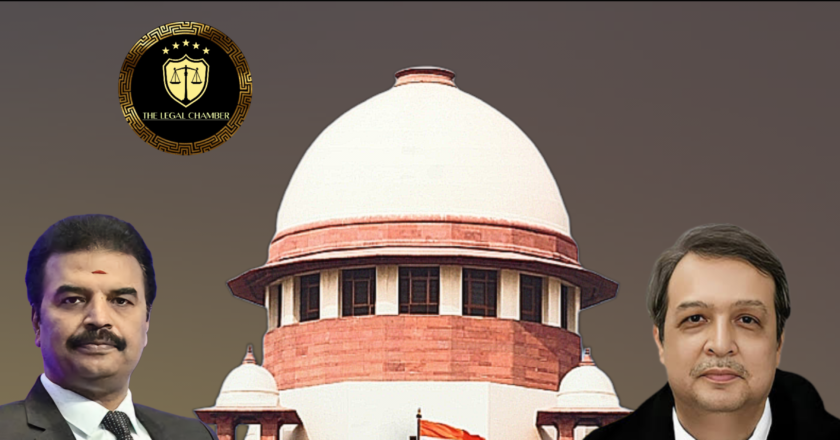Arbitrator’s Power on Interest Rates: Supreme Court Explains Key Legal Limits
This Supreme Court judgment clarifies the limited scope of judicial interference with arbitral awards under the Arbitration and Conciliation Act, 1996. The Supreme Court held that an arbitrator's discretion to award a contractual interest rate of 24% is not per se usurious or against public policy. It reaffirmed that courts cannot reappreciate evidence and may only set aside an award on the narrow, specified grounds under Section 34 of the Act, which were not met in this case.
Facts Of The Case:
The appellants, M/s Sri Lakshmi Hotels Pvt. Limited and its Managing Director, availed two loans totaling ₹1.57 Crore from the respondent Non-Banking Financial Company (NBFC) in 2006. The loan agreements stipulated an interest rate of 24% per annum. After making partial repayments until April 200...
